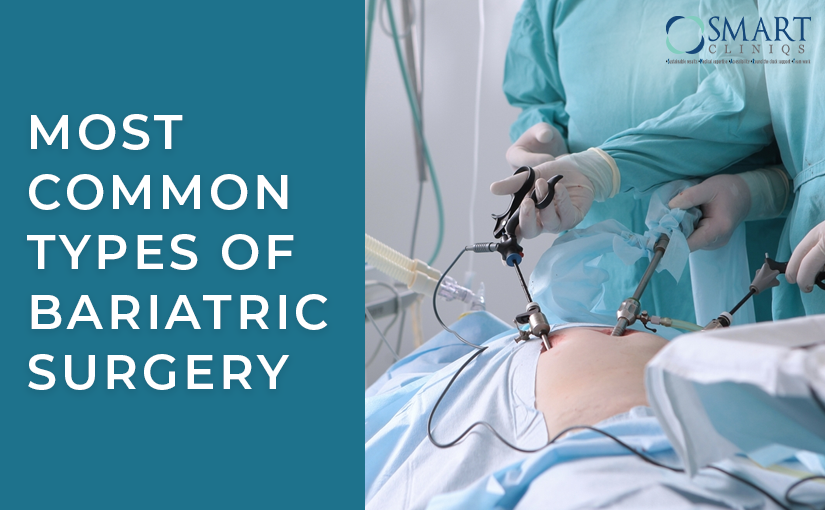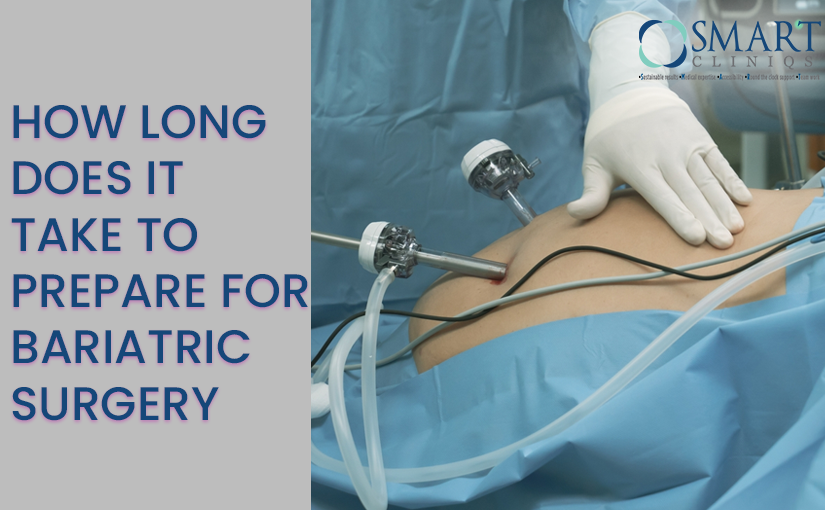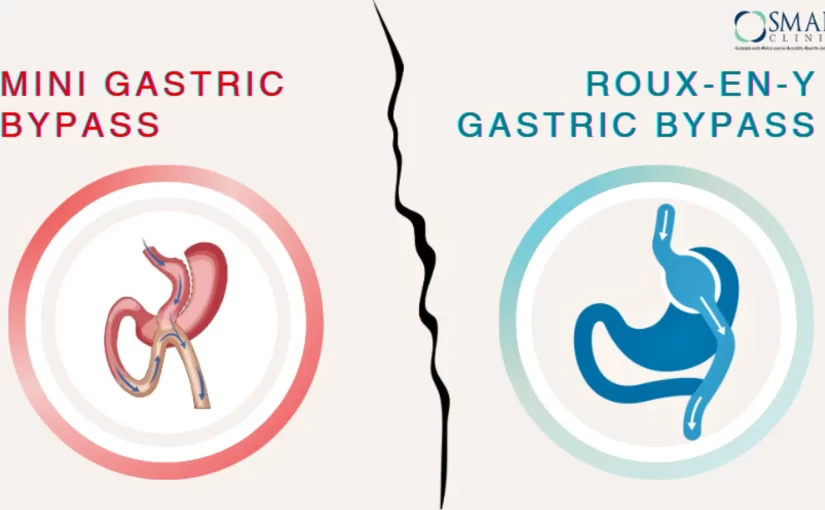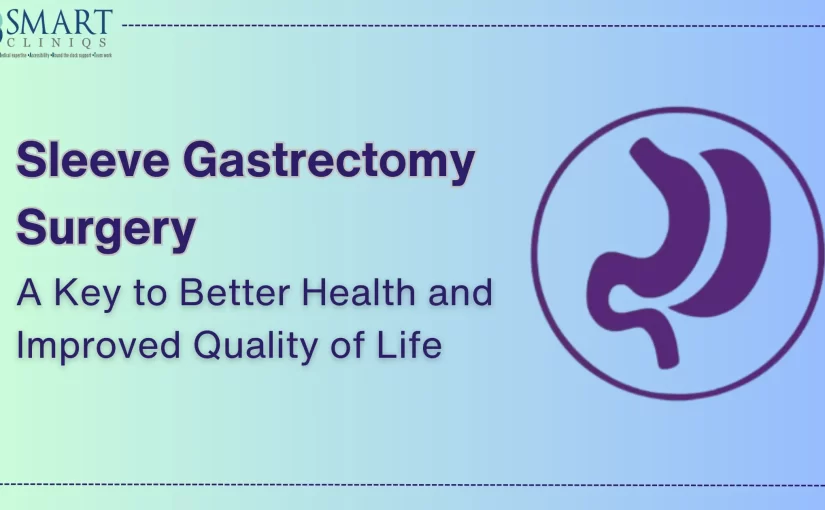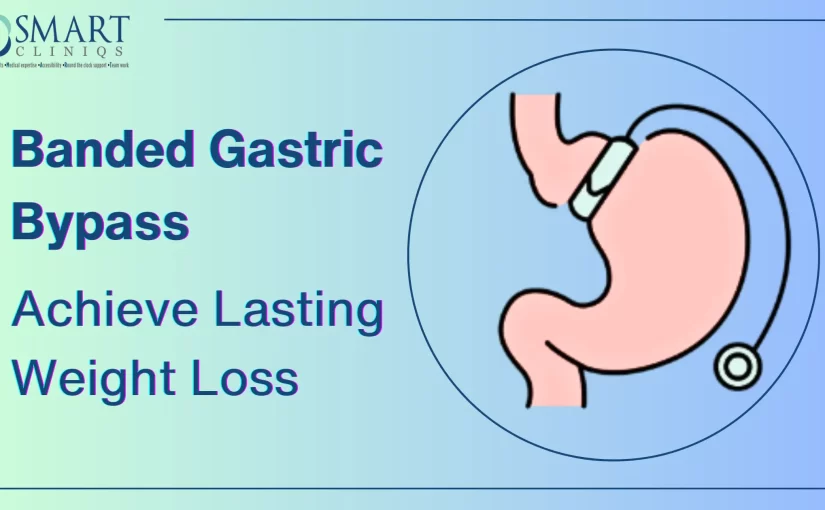Obesity is a growing health concern worldwide, and in many cases, traditional weight-loss methods such as diet and exercise don’t provide the desired results. For individuals struggling with severe obesity, bariatric surgery offers a more effective solution. Bariatric surgery refers to a range of surgical procedures designed to help people lose weight and improve their overall health.
There are several types of bariatric surgeries, each with its benefits and considerations. In this blog, we’ll explore the most common types of bariatric surgery, who they are suitable for, and how they can help in weight loss. If you are considering bariatric surgery, it’s essential to consult with a trusted and experienced Bariatric Surgeon in Delhi, such as Dr. Atul Peters, who is known for his expertise in this field.
Understanding Bariatric Surgery
Bariatric surgery is a medical procedure that alters the digestive system to help individuals achieve significant weight loss. The primary goal is to reduce the size of the stomach, which limits the amount of food that can be consumed, or it changes the digestive process so that fewer calories are absorbed from food. Bariatric surgery is typically recommended for individuals who are severely obese and have not achieved significant weight loss through diet and exercise.
Now, let’s dive into the most common types of bariatric surgery and understand how each works.
1. Gastric Bypass (Roux-en-Y Gastric Bypass)
Gastric bypass is one of the most common and well-established types of bariatric surgery. It works by both restricting the amount of food you can eat and bypassing a portion of your small intestine, which helps to reduce calorie absorption.
How it works:
- In a gastric bypass procedure, the surgeon creates a small pouch at the top of the stomach, which is the new stomach that holds food.
- The surgeon then reroutes a portion of the small intestine to the new stomach pouch.
- This results in reduced food intake and fewer calories being absorbed.
Benefits:
- Gastric bypass surgery typically leads to significant weight loss, and many people can lose 60% to 80% of their excess weight within the first year after surgery.
- It has been shown to improve or resolve obesity-related conditions like type 2 diabetes, high blood pressure, and sleep apnea.
Considerations:
- As with any surgery, there are risks such as infections, blood clots, and nutritional deficiencies.
- Patients need to make lifelong changes in their diet and undergo regular follow-up appointments to ensure proper nutrition and health.
If you are considering gastric bypass surgery, Dr. Atul Peters, an experienced Bariatric Surgeon in Delhi, can guide you through the procedure and help determine if it is the right option for you.
2. Sleeve Gastrectomy (Gastric Sleeve)
Sleeve gastrectomy, also known as the gastric sleeve, is another popular bariatric surgery that focuses on reducing the size of the stomach. In this procedure, a large portion of the stomach is removed, leaving behind a sleeve-like structure, which resembles a tube or a banana.
How it works:
- During the surgery, approximately 80% of the stomach is removed, leaving a much smaller, sleeve-shaped stomach.
- The smaller stomach results in reduced food intake and leads to a feeling of fullness after consuming only small portions.
Benefits:
- The gastric sleeve is a simpler procedure compared to gastric bypass and doesn’t involve rerouting the intestines.
- It offers significant weight loss, with most patients losing 50% to 70% of their excess weight within the first two years.
- It also leads to improvements in obesity-related conditions like high cholesterol, type 2 diabetes, and joint pain.
Considerations:
- Unlike gastric bypass, the gastric sleeve does not alter the digestion process, so patients may still absorb calories from food.
- There is a possibility of developing acid reflux (GERD) after the procedure.
3. Adjustable Gastric Banding (Lap-Band)
Gastric banding, commonly known as the Lap-Band, is another option for bariatric surgery. It involves placing an adjustable band around the upper portion of the stomach to create a small pouch. This restricts the amount of food the stomach can hold.
How it works:
- A band is placed around the top of the stomach, creating a small pouch above it.
- The band can be adjusted by adding or removing fluid, which helps control the size of the stomach opening and the amount of food that can pass through.
Benefits:
- Gastric banding is a less invasive procedure compared to gastric bypass or sleeve gastrectomy, as it does not involve cutting or removing parts of the stomach.
- The band is adjustable, which allows for personalized control over weight loss.
- It’s a reversible procedure, unlike other types of bariatric surgery.
Considerations:
- While it can help with weight loss, gastric banding generally results in slower weight loss compared to other bariatric surgeries.
- The band can slip or become too tight, leading to complications that may require additional surgery.
4. Duodenal Switch
The duodenal switch is a more complex bariatric surgery that combines elements of sleeve gastrectomy and intestinal bypass. This surgery involves removing a portion of the stomach (like a gastric sleeve) and rerouting the small intestine to limit calorie absorption.
How it works:
- First, a portion of the stomach is removed, leaving behind a smaller, sleeve-shaped stomach.
- The surgeon then bypasses a large part of the small intestine, which reduces calorie absorption.
Benefits:
- Duodenal switch surgery typically leads to significant weight loss, with patients often losing 70% to 80% of their excess weight.
- It is effective in improving obesity-related conditions like type 2 diabetes, high blood pressure, and sleep apnea.
Considerations:
- Duodenal switch is a more complex procedure that requires a highly skilled surgeon.
- It carries higher risks of nutritional deficiencies and may require lifelong nutritional supplementation.
Choosing the Right Bariatric Surgery
Choosing the right type of bariatric surgery depends on various factors, including your weight loss goals, overall health, and personal preferences. While each procedure has its benefits, it’s essential to consult with an experienced bariatric surgeon to determine which surgery is best for you.
Dr. Atul Peters, a highly skilled Bariatric Surgeon in Delhi, takes a personalized approach to weight loss surgery. With years of experience and a deep understanding of the procedures, Dr. Peters helps patients choose the most suitable surgery based on their unique needs and health goals.
Final Thoughts
Bariatric surgery can offer a life-changing solution for individuals struggling with obesity and related health conditions. With the right approach and expert care, these procedures can help patients lose weight, regain their health, and improve their quality of life.
Don’t let obesity control your life—take the first step toward a healthier future by consulting with a professional today.


